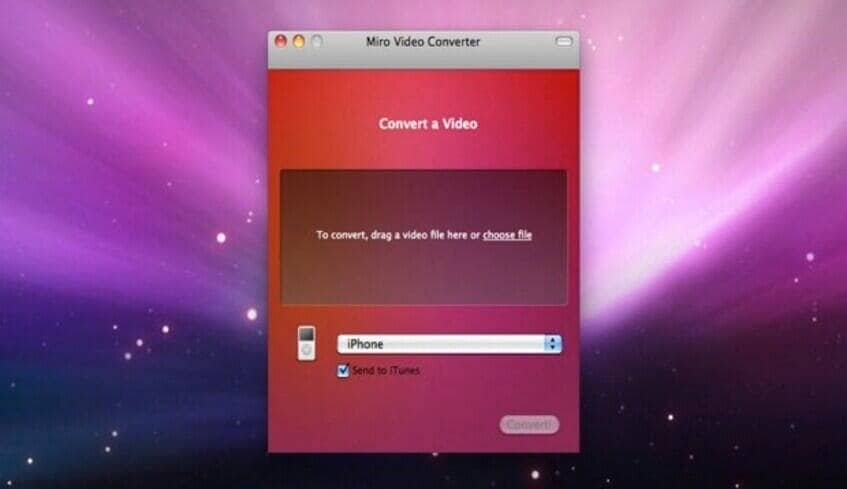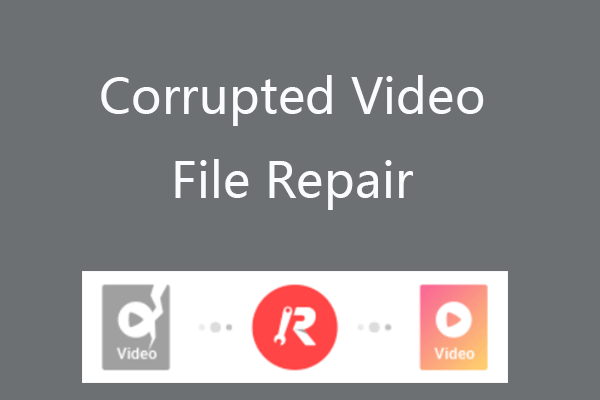

- #Video file for mac how to
- #Video file for mac for mac
- #Video file for mac movie
- #Video file for mac mp4
- #Video file for mac android
If you don't need a transcript, you can leave it blank.
#Video file for mac mp4
video file, you could try converting the file to MP4 format using HandBrake-a free and open-source transcoder for digital video files.If you have difficulty importing a particular: You may find that you can import media files generated on other devices and operating systems. M4A format that was exported from QuickTime on a Mac (macOS 10.7.5 and later).

AVI format that was exported from Windows software.MOV format that was exported from QuickTime on a Mac (macOS 10.7.5 and later).
#Video file for mac android
MP4 format that was recorded on Android or Windows Mobile 8 phones.MOV format that was recorded on mobile iOS devices.
#Video file for mac for mac
NVivo for Mac allows you to import media files that have been generated in a variety of ways. Opened video files are displayed in three sections, as shown below (the video section is not present for audio files).Ģ Player controls-use these controls to play, pause and rewind.ģ Media timeline-you can code the media using the timeline.Ĥ Transcript-you can import a transcript or play and transcribe the media in NVivo.ĥ Transcript and selection controls-use these controls to interact with the transcript or to select a part of the media as it plays. It provides accurate, real-time transcripts delivered directly into the program. NOTE NVivo Transcription is an automated, online transcription service integrated into NVivo. You can import transcripts or create them in NVivo. Transcripts are displayed in tables identifying time ranges within the media. This can be a transcription of the spoken words, notes you have made, or a combination of both.

Video and audio files consist of the media file itself and, optionally, a text 'transcript'.
#Video file for mac movie
Refer to the software manufacturer of the movie player application you are using for additional information and any available updates.You can import audio and video files into NVivo and code and annotate time ranges or transcribed text. You will need to have a movie player application that supports MPEG-2 for standard-definition video or AVCHD for high-definition video to open and play these files. On the keyboard, press Command+V to paste the files into the desired location.Īfter following the steps above, the video from your camera will be copied to the hard drive of the computer.Open the folder or directory on the computer where you want to copy the video.On the keyboard, press Command+C to copy the files.While holding the Shift key, click to select the video clip files you want to transfer.On the keyboard, press and hold the Shift key.On the computer desktop, click the NO NAME or UNTITLED icon.NOTE: After the computer recognizes the connection, it will list the camera drive or drives as NO NAME or UNTITLED on the computer desktop. Set the camera to Mass Storage or USB MODE.Connect the camera to the computer using the supplied USB cable.IMPORTANT: The Macintosh computer requires an Intel Core Duo processor or better to support AVCHD video. You can also download and use the PlayMemories Home software. If the Apple iMovie software is not installed on your computer, or you are trying to transfer 60p (1080 and 720) video, follow the alternative steps below to copy the video from the camcorder. You can transfer the video from your camera using the Apple iMovie software. For Tape Camcorders, additional information is available in our Tape Camcorder importing guide.

#Video file for mac how to


 0 kommentar(er)
0 kommentar(er)
